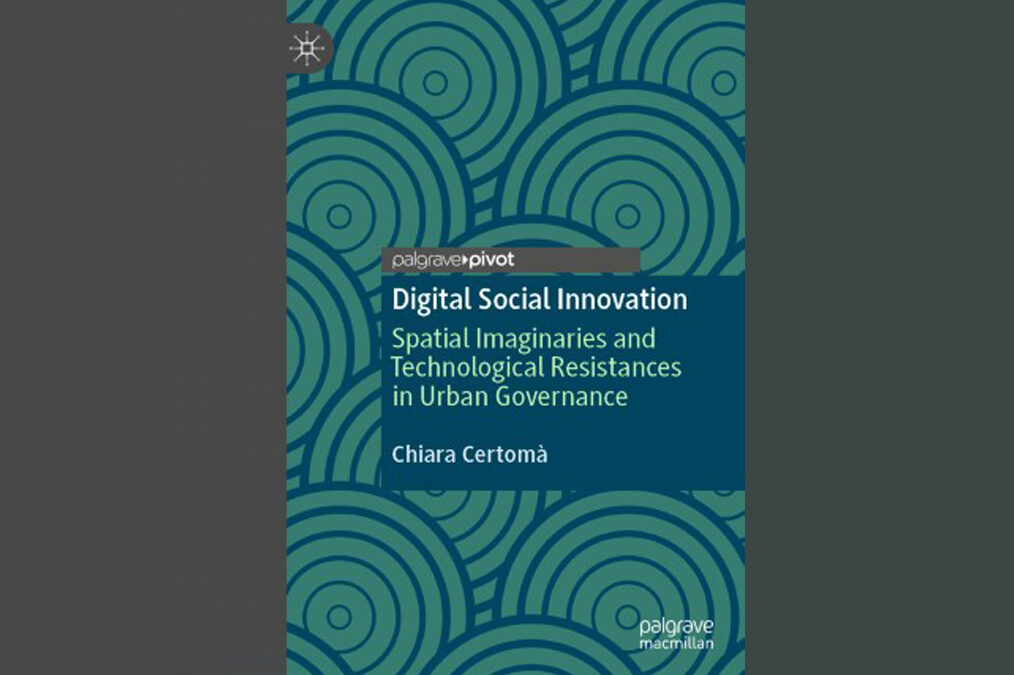This book engages the reader in exploring the relationships between digital social innovation initiatives and the city. It delivers a fresh, accessible and case-based discussion on the emergence of digitally-enabled social innovation practices in Europe that are redesigning the urban space and challenging the consolidated urban governance processes.
By adopting a critical geography perspective, this ground-breaking analysis of digital social innovation provides the reader with an accessible overview of the way in which urban reproductive processes mobilise the physical and the virtual dimensions of the city and generate distinctive spatial configurations. Together with novel urban narratives and socio-technical imaginaries, these support the existing geometries of power or construct new ones.
The author clearly describes contemporary cities as the new battlegrounds for controlling the digital sphere, shaped by the interplay between digital capitalism and resistance movements. In light of grassroots initiatives advanced by cyber-activists, e-makers and hackers, the book unveils the socio-political and cultural underpinnings of the revolution produced by the digital social innovations in the city and the socio-technological regimes supporting them.
This author successfully sheds new critical light on traditional innovation studies exploring the debate on digital innovation through the lens of social and cultural geography providing an invaluable reference for those working in this field.

